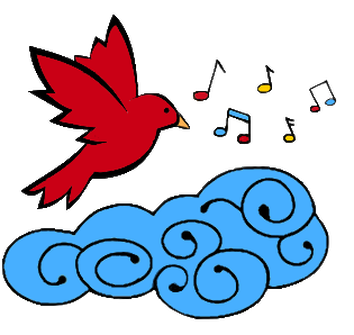|
In a previous blog post, I talked about some important things about being a good audience member. But what about being a good performer? States, regions, and countries hold performance contests for voice, choirs, instruments, and ensembles of various sizes and combinations. Sometimes music needs to be memorized, sometimes you can have the music in front of you. So how do you become a good performer? What would be important for that? Let's find out.
0 Comments
The term “classical music” is a tricky thing to define because it depends on the people using the term. For most people, it is associated with old music ranging in time from the fifth century to the present time which can be performed on a single instrument up to a full orchestra of sixty or more instruments. “Classical music” can also describe one period during that span of time. Confused? Let me explain.
Emotions are like threads that run through the tapestry of human existence, and music serves as the universal language that seamlessly connects them. From the sound of a melancholic melody of a violin to the electrifying rhythms we experience at a rock concert, music has a unique ability to stir our emotions and transport us to different realms of feeling. This blog will explore the connection between music and emotions and its impact on self-expression and healing.
Do you remember what it was like to start playing the clarinet? Or any instrument, for that matter? It's similar to any skill you wish to develop, whether it be writing, drawing, or painting. When teaching music to beginners, it's important to consider how we can engage them and nurture a passion for music. Here are several tips to keep in mind when approaching beginner clarinet players.
Engaging students is one of the most challenging—and rewarding—aspects of teaching music. In an era where technology grants instant access to information, capturing and holding students' attention is more challenging than ever. I've found success in merging learning with fun through interactive games that reinforce the musical concepts we cover in class. Here are five musical games that have proven effective in my classroom:
In a previous post, I talked about how music and language are linked and how music is a universal language. We start by learning letters and words in speech, as we do with pitches and rhythms in music. As we grow, we learn more words that can add to our communication abilities with others to provide nuances and more accurate information. You might be thinking, but what about music? It can't communicate like that. Actually, music is great at communicating feelings and those nuances - just see this article from Dartmouth College!
The Music & Language Learning Center offers group classes and tutoring in several languages (Spanish, European Portuguese, Brazilian Portuguese, and French) and in various facets of music (Music History, Appreciation, Theory, Composition, and Conducting). Did you ever think about why music and language are linked together? Or how they are very much the same? In this blog, we are going to uncover the connections between music and language.
In a world that celebrates diversity, the intersection of music and language provides a unique avenue for fostering cultural understanding. It not only transcends geographical boundaries but also creates a bridge between individuals, communities, and nations. In this blog, we'll explore the transformative power of combining music and language to deepen cultural understanding.
I didn’t learn about music theory until I entered college. It was one of the most difficult subjects that I struggled with early on in my training, but without it, I would not be the musician that I am today. Sometimes it is not about the concept of music theory itself that poses the problem, but the exams for it.
In the early stages of my musical education, I strongly disliked taking music history exams. Back then, I couldn't see how these courses would benefit my clarinet playing. However, as I progressed in my musical journey, I came to realize the significant impact a solid understanding of music history had on my overall musical development. This knowledge has become a valuable asset, enabling me to make informed decisions when interpreting pieces, comprehend the structural nuances of musical works, and establish connections between the various pieces in my repertoire—both those I've already learned and those I continue to explore.
|
AuthorWrite something about yourself. No need to be fancy, just an overview. Archives
June 2024
Categories
All
|
Music & Language Learning Center |
Music Classes |
Language Classes |
MUSIC AND LANGUAGE LEARNING CENTER 2024


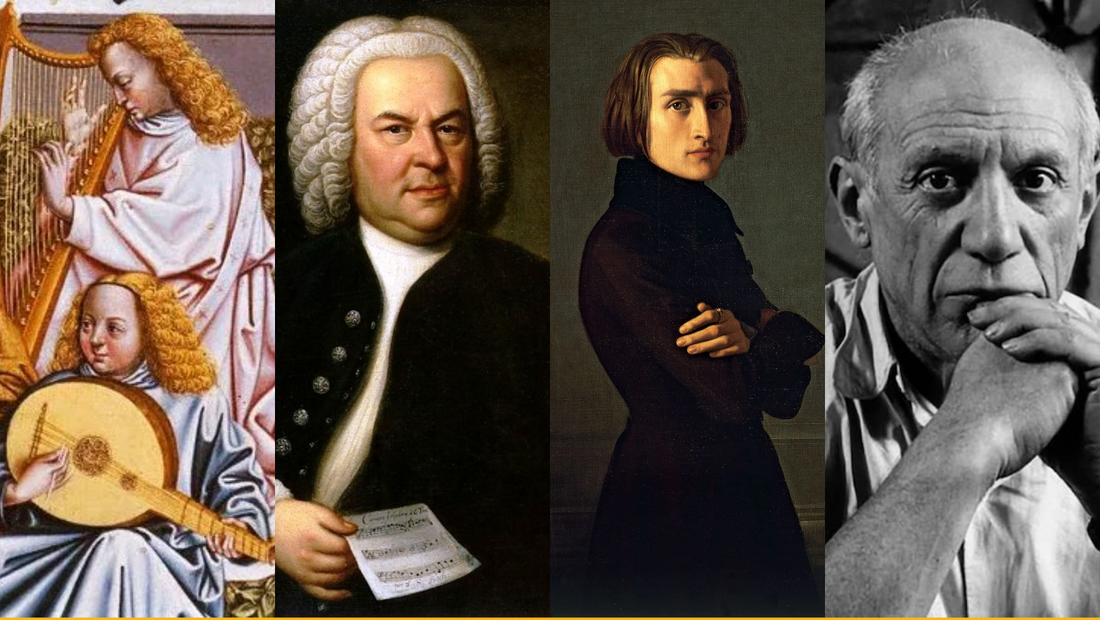
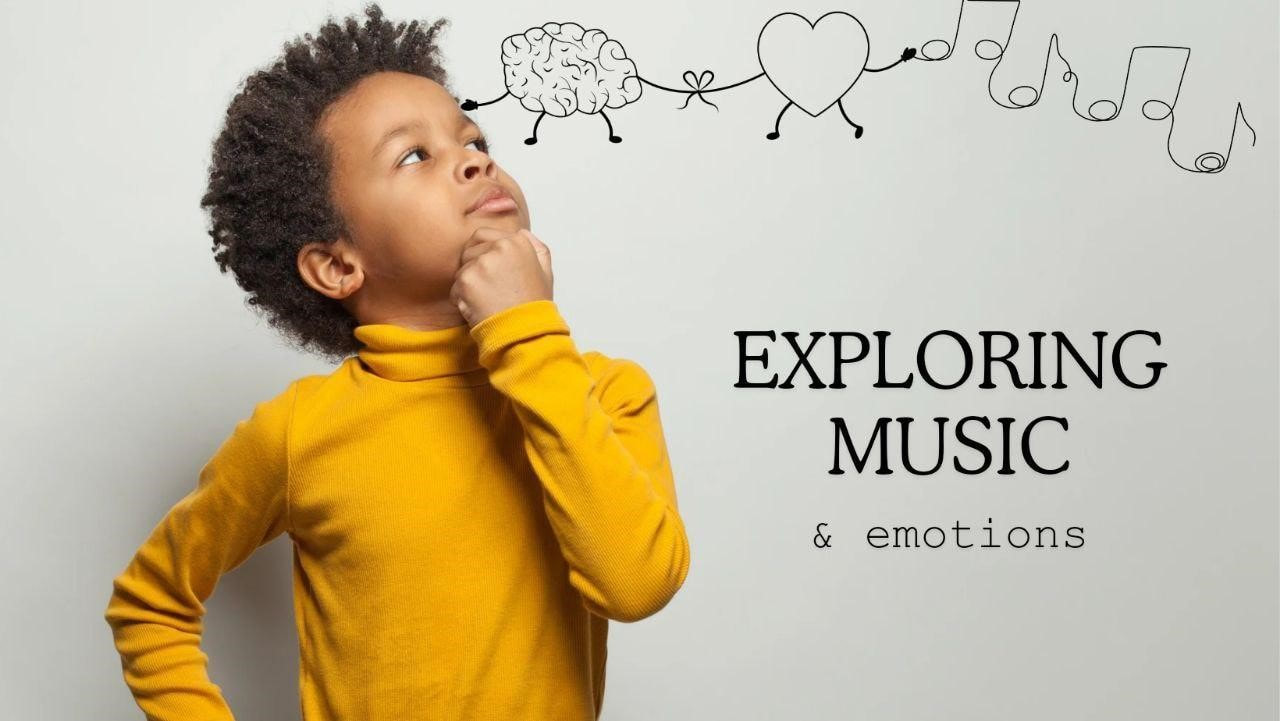

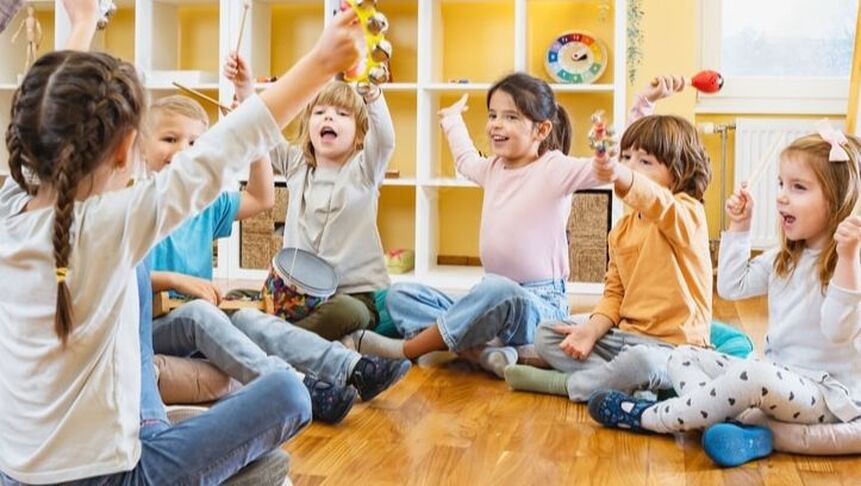

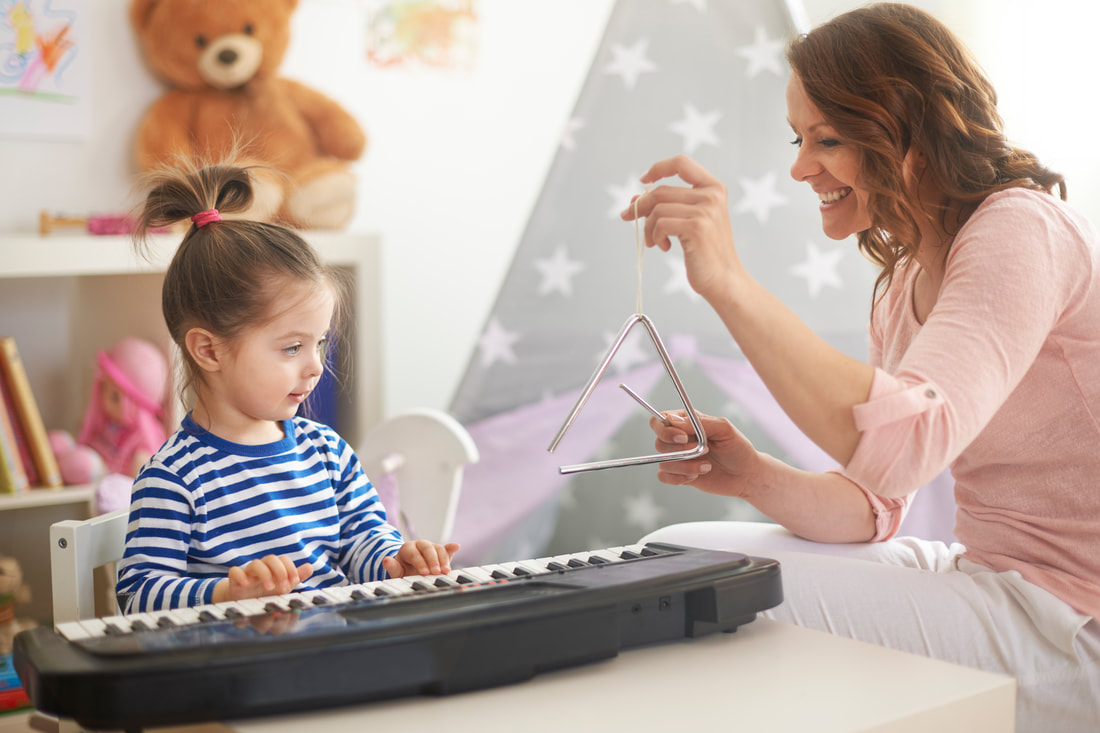
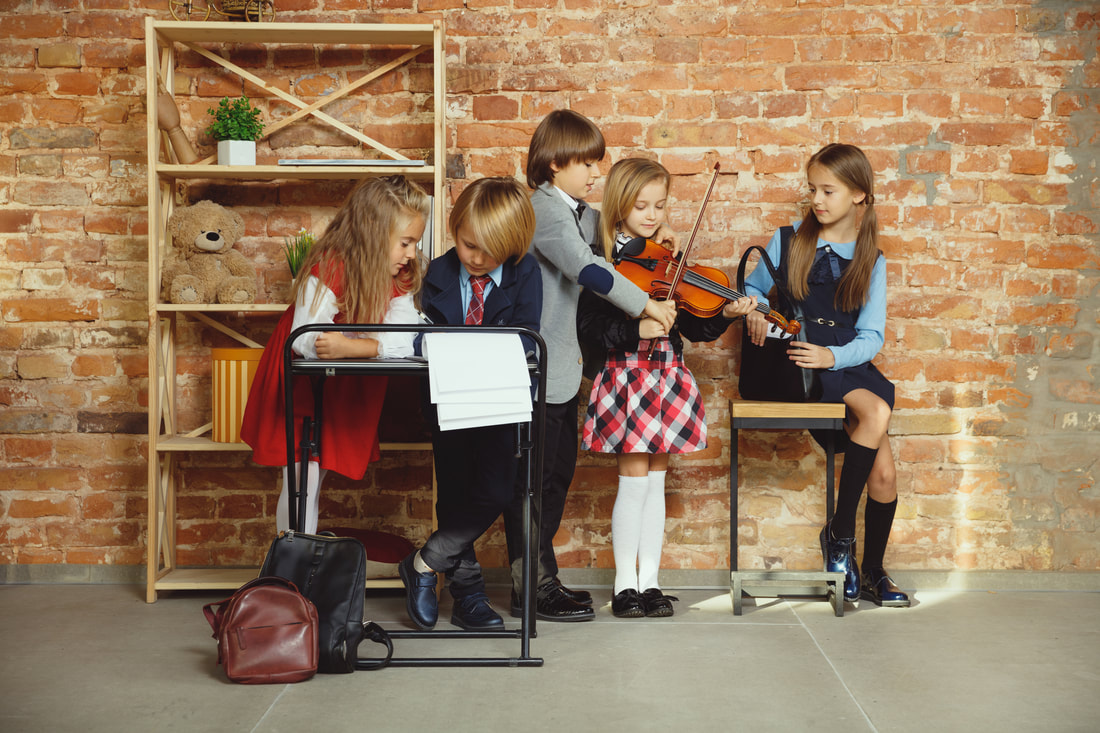
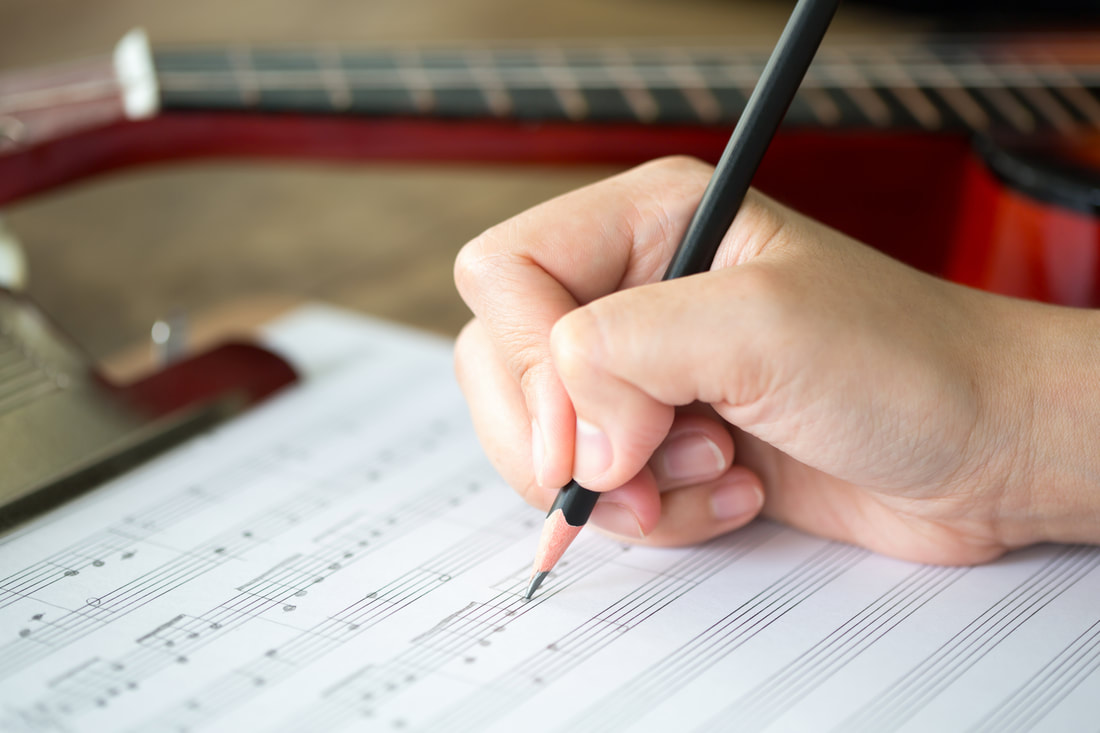
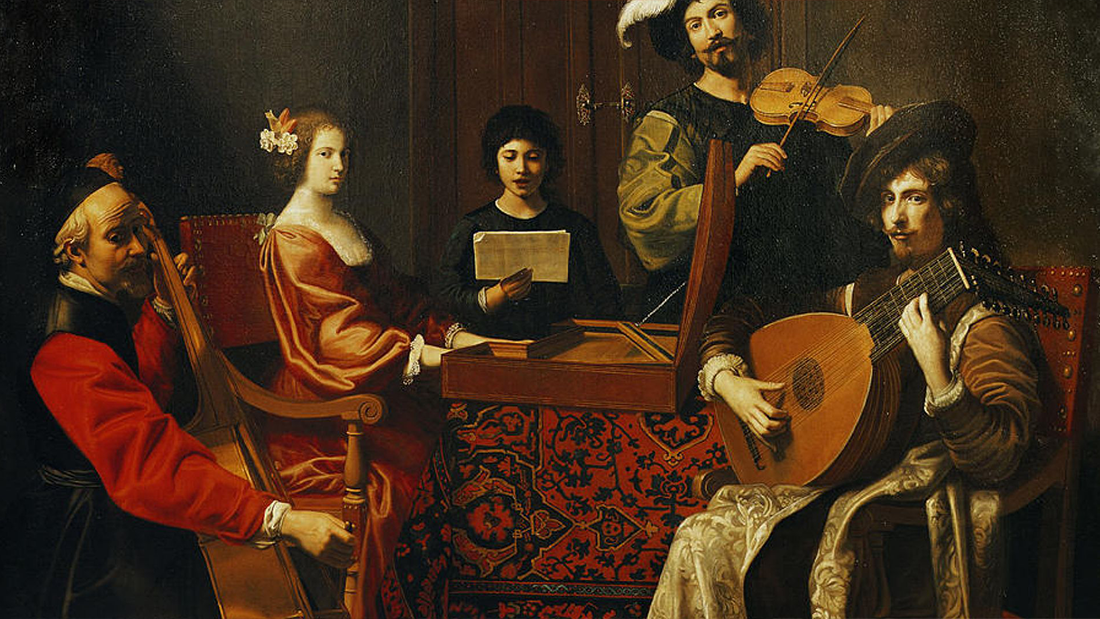
 RSS Feed
RSS Feed
